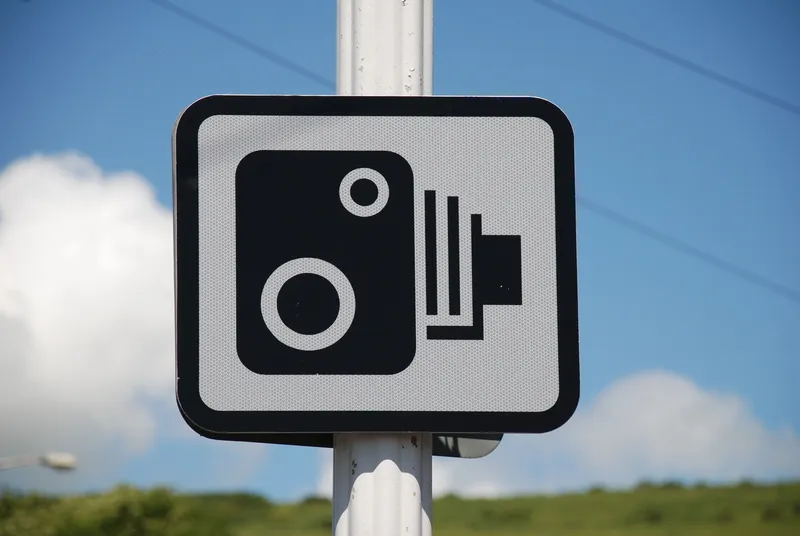
The Irish government is allocating €9 million in funding for up to 100 new speed cameras as part of Budget 2025.
"We know speed is a significant contributor to road deaths and so it’s vital we leverage technology to make our roads safer for everyone," says minister for justice Helen McEntee. "International experience shows speed cameras lead to drivers reducing speed."
Last year, she allocated a 20% increase in funding for GoSafe speed cameras, resulting in 9,000 hours of speed monitoring per month across Ireland during 2024.
The money will support police service An Garda Síochána to roll out more speed cameras and improve enforcement of traffic laws, the government says.
“We have all been shocked by the loss of life on our roads," McEntee adds. "The most important thing that we can all do is ensure that we practice good road safety and take personal responsibility in keeping others and ourselves safe on our roads.
”However, there are still too many people willing to drive without due care, be that by speeding, driving recklessly or driving while under the influence of alcohol or drugs.
“Successful road safety strategies require stakeholders to consider a number of matters that together can save lives: technology, road design, driver behaviour and education, severity of penalties, speed limits, and of course, where all else fails, enforcement."
Location of the static speed cameras will be based on fatality and serious injury collision data, alongside speed data and feedback from stakeholders.
Work on the development of a National Road Safety Camera Strategy, led by Transport Infrastructure Ireland and with the contribution of An Garda Síochána and other stakeholders, is ongoing, the government says.
Its aim is to improve road safety by developing an organisational framework, strategy and roadmap for enhancing camera-based enforcement.
Ireland's Department of Transport leads on road safety matters and legislation, but An Garda Síochána monitors, detects and enforces road safety legislation.









